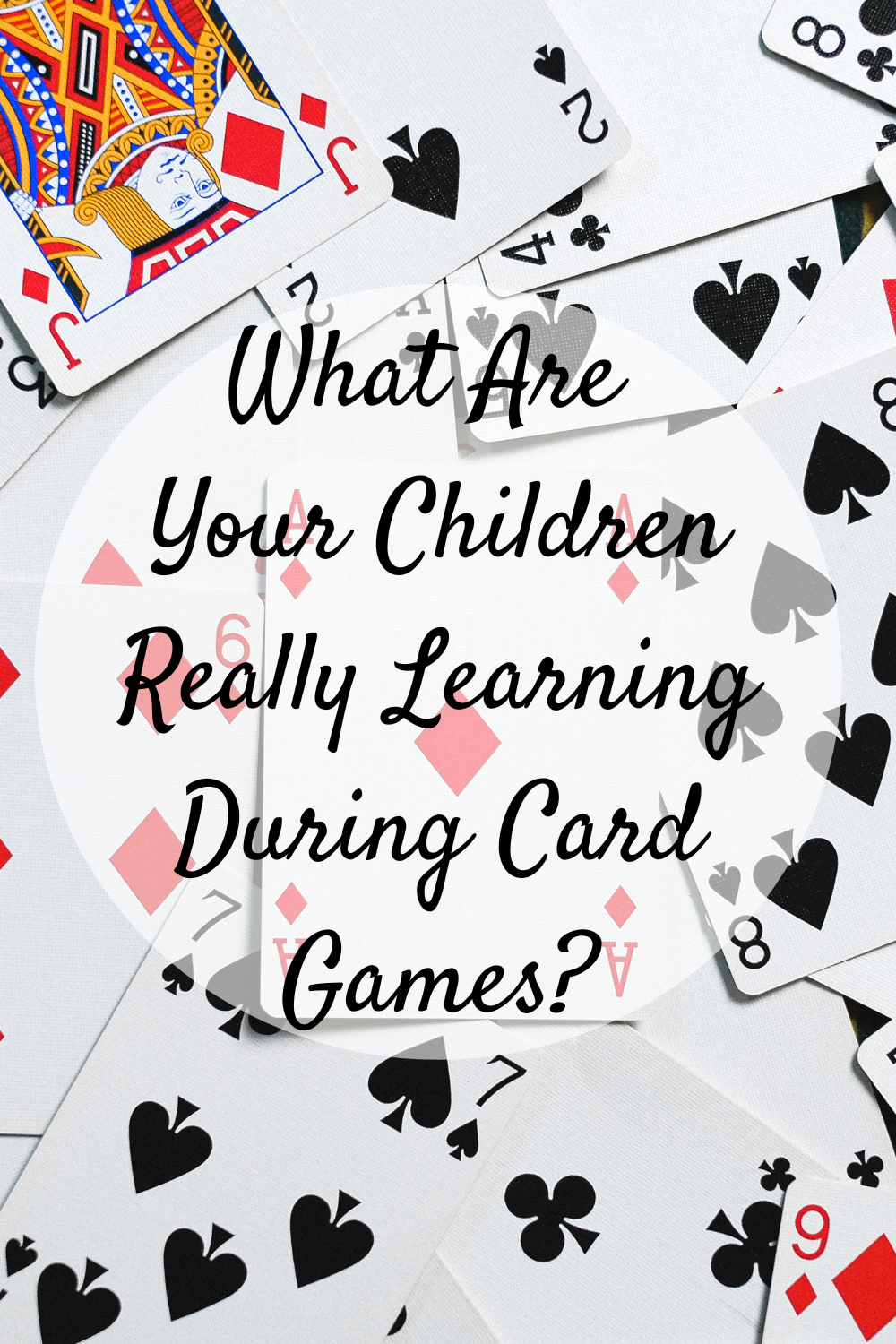
Playing any game with your children can be beneficial for a wide range of reasons. After all, the quality time of gameplay alone can be a greatly comforting thing for your kids. Not to mention that, as research is increasingly showing, everything from board games to video games can help with childhood cognition. Especially with an adult leading that play!
Family card games are no exception to that rule and, while they may seem slightly complex for younger children, you would be surprised how quickly young minds pick up on the rules. All you need to do is make sure that you start at the right level to ensure your child enjoys all of the benefits possible with these games, which include –
Mastering memory
Even early play card games like Snap are great for helping children to start honing their memory skills. Snap is particularly great for short attention spans in younger kids, while games like Memory can also be useful for getting young minds started with remembering, repetition, and awareness. Once your child is skilled in these basic games, you can further these memory benefits via games like Cheat, which require far longer memory retention across the entire game.
Social and communication skills
Whether your child is playing Snap and Cheat as mentioned, or is getting stuck into a game of Christmas Hearts, cards can be great for social and communication skills. After all, not only do card games require group play of preferably three or more people, but they often call on skills like group awareness, observation, and much more. All of these can help your child to become more adept at reading social skills, communicating with larger groups, and even just having fun with others!
All about the numbers
Card games like Hearts require players to follow numerical patterns while getting rid of their cards. As such, there’s a strong argument that the right games can also help with math skills. The best benefit of this is that children can develop far more positive associations with numbers through play of this nature. Games like Blackjack and Solitaire can even help your child develop adding and subtracting skills through play.
The right way to help your child learn with card games
Ultimately, the skills that card games provide for your child will vary depending on the games you play and the frequency with which you play them. But, whatever game you’re embarking on, you should find that you can help your child harness those skills when you –
- Give them time to work things out
- Develop difficulty levels gradually
- Let them learn through exploration and gameplay mistakes
- Ask open-ended questions where possible, e.g. what would happen if you played that card?
It’s also important to remember that, while card games can absolutely be a great educational resource, they should predominantly be a fun undertaking. By keeping things low-pressure, and avoiding mention of the specific learning on offer, you can help your children develop their cognition and more through fun, relationship-building play.





